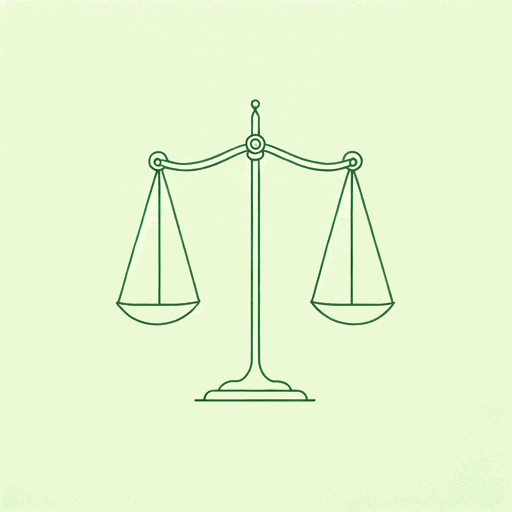49 pages • 1 hour read
Iris Marion YoungJustice and The Politics of Difference
Nonfiction | Book | Adult | Published in 1990A modern alternative to SparkNotes and CliffsNotes, SuperSummary offers high-quality Study Guides with detailed chapter summaries and analysis of major themes, characters, and more.
Important Quotes
“Critical theory is a mode of discourse which projects normative possibilities unrealized but felt in a particular given social reality.”
(Introduction, Page 6)
Young employs critical theory to expose the shortcomings of contemporary understandings of justice. In so doing, she rejects the notion of universal truths in favor of contextual analysis. Depending on the historical and social context, policy choices differ. She declines to offer a comprehensive theory of justice but instead identifies alternative possibilities that arise from the experiences of social groups.
“I do not regard any of the theoretical approaches which I take up as a totality that must be accepted or rejected in its entirety. Each provides useful tools for the analyses and arguments I wish to make.”
(Introduction, Page 8)
While Young uses critical theory and other schools of thought, such as communitarianism, to build her argument, she refuses to be pigeonholed into any of these approaches. She is making an argument that bridges contrasting schools of thought. This approach makes her argument more difficult to dismiss by simply referring to the weaknesses of a particular school of thought.
“Politics in this sense concerns all aspects of institutional organization, public action, social practices and habits, and cultural meanings insofar as they are potentially subject to collective evaluation and decisionmaking.”
(Introduction, Page 9)
Justice applies to all that is political, and Young defines politics in a broad sense. It is not at all limited to what the government does but rather includes economic, social, and cultural spheres. Whenever decisions are made that impact people’s actions and opportunities, whether that be in the workplace or the school, politics is taking place. This conception allows Young to expand the purview of justice beyond matters of distribution.

